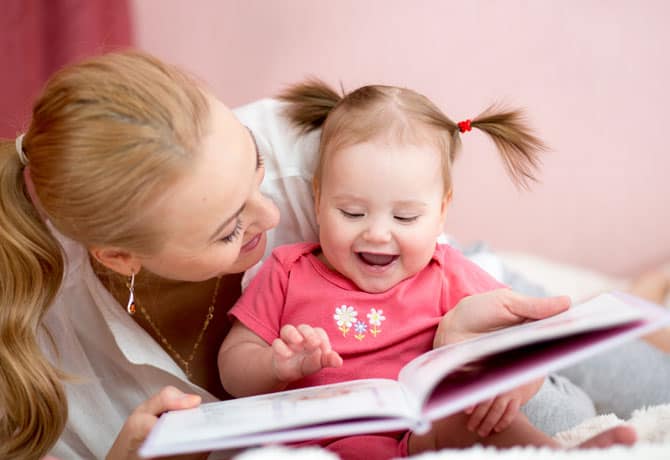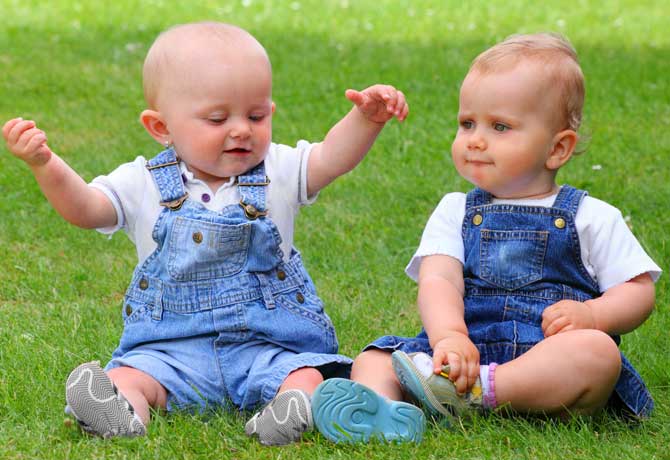Literacy 101 – How to Support Your Child’s Literacy Development
Learning to read and write is an ongoing process that begins in infancy and is highly correlated with later school achievement. Many parents are unsure how and where to start in supporting their young reader. Pediatricians in a recent New York Times Article recommend reading to children often and early. In other words, start reading books to your infant, and read to him/her multiple times a day. Keep in mind, motivation and attention are also important so reading to your child for 4 hours a day or 1 hour straight may not be the answer.
A number of predictive skills for later reading success include:
- Oral language (listening comprehension, oral language vocabulary)
- Alphabetic Code alphabet knowledge, phonological/ phonemic awareness (the ability to discriminate sounds in words), invented spelling.
- Print Knowledge/Concepts environmental print, concepts about print
How you can help:
Phonological Awareness Activities
- Play games with words that sound alike as you encounter them in your day-to-day activities (e.g. “My sock hit the rock…that’s funny because they sound similar!”)
- Blend sounds together in familiar words (e.g. “Let’s write our note to Pat, P-A-T”)
- Play a game in the car or on a walk where you have to find items with the same sound (e.g. S….sand, stone, sun, etc.)
- Play clapping games and clap with each syllable (e.g. “Let’s clap your name, Em-il-y….3 claps!)
Print Awareness and Book Handling Activities and Suggestions:
- Point out print (signs) in day-to-day activities (e.g. stop signs, men/women washroom signs, etc.)
- Track words with your fingers as you read showing your child you read from left to right.
- Model how to hold a book properly.
- Make lists together and let your child see you reading and writing.
- Give your child books as gifts, including many that have predictable language patterns.
- Visit the library often.
As your child’s reading skills improve, he or she will begin to read independently. This doesn’t mean, however, that you should stop reading to your child. Reading aloud together can help build vocabulary, improve reading skills and is quality time to spend with your child. Talk with your child about characters and events, and share your reactions to books to help reinforce the connection between what you read and everyday life.
Your Growing Reader
Kindergarten
Beginning of Kindergarten many children;
- Recognize letters and the sounds they make.
- Understand that you read from left to right and top to bottom.
- Begin to write letters and some words heard often.
- Try to spell words when writing.
- Begin to write stories with some readable parts with assistance.
By the end of the school year;
- They will probably know most letters and their sounds.
- Be able to match words with the same beginning or ending sounds.
- Read/write several simple words.
- They might be able to read simple words by sight, and print his/her own first and last name.
First grade
In the beginning of first grade;
- They begin to decode new words independently.
- Recognize a growing list of words by sight (by the end of grade one knows 100 words).
- Connect meaning to the words and sentences they read.
By the end of the first grade he/she can;
- Spell frequently used words correctly.
- Begin sentences with capital letters and attempts to use punctuation.
- Creates rhyming words and understands what is read.
- Most first-graders can read simple books independently by the end of the school year.
For a number of literacy activities you can do with your child, please visit our Literacy board on Pinterest.
Read this great article – is your child ready for school?
References:
Linguisystems Guide to Communicatin Milestones 2008 Pg. 15
School Readiness-Preparing Children for Kindergarten and Beyond: Information for Parents. Mary Ann Rafoth, Erin L Buchenauer, Katherine Kolb Crissman, Jennifer L. Halko. Indiana University of Pennsylvania.
Reading Rockets. Early Literacy: Policy and Practice in the Preschool Years










